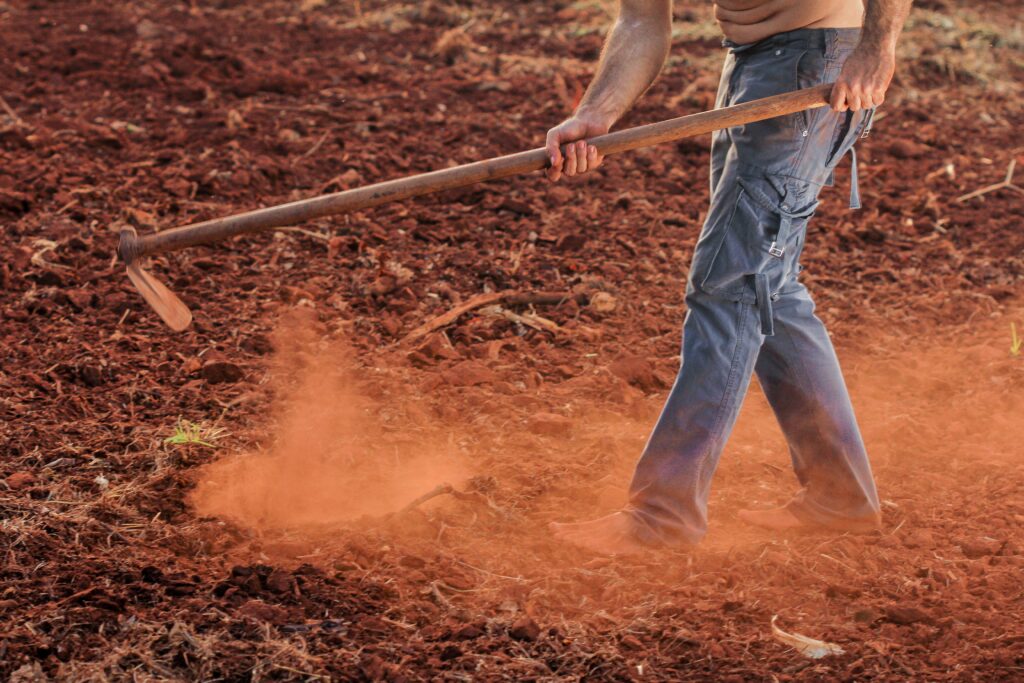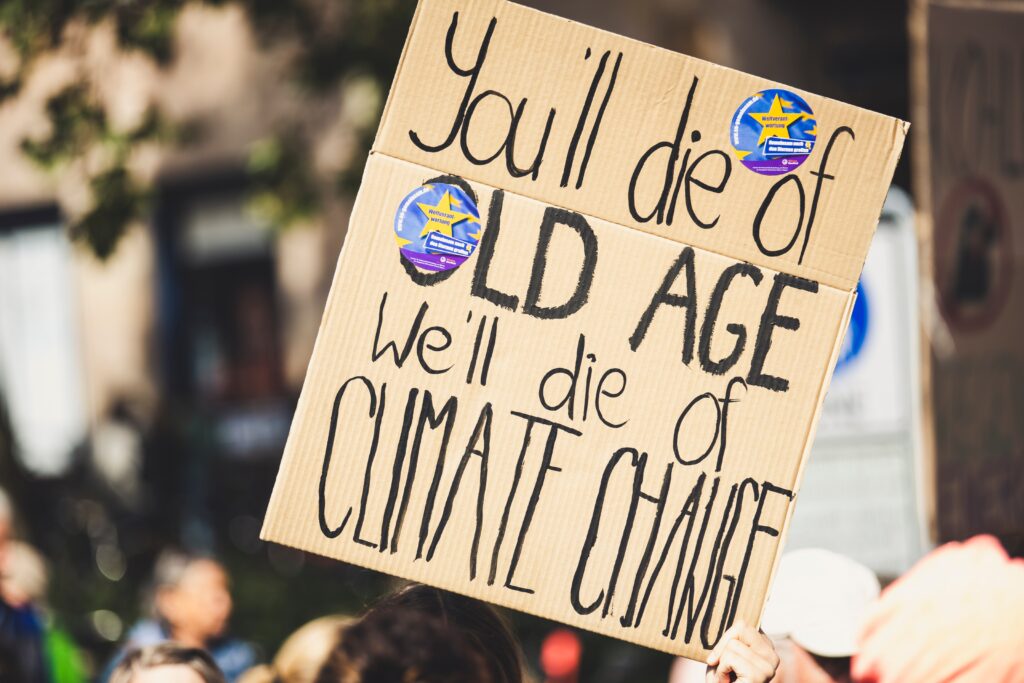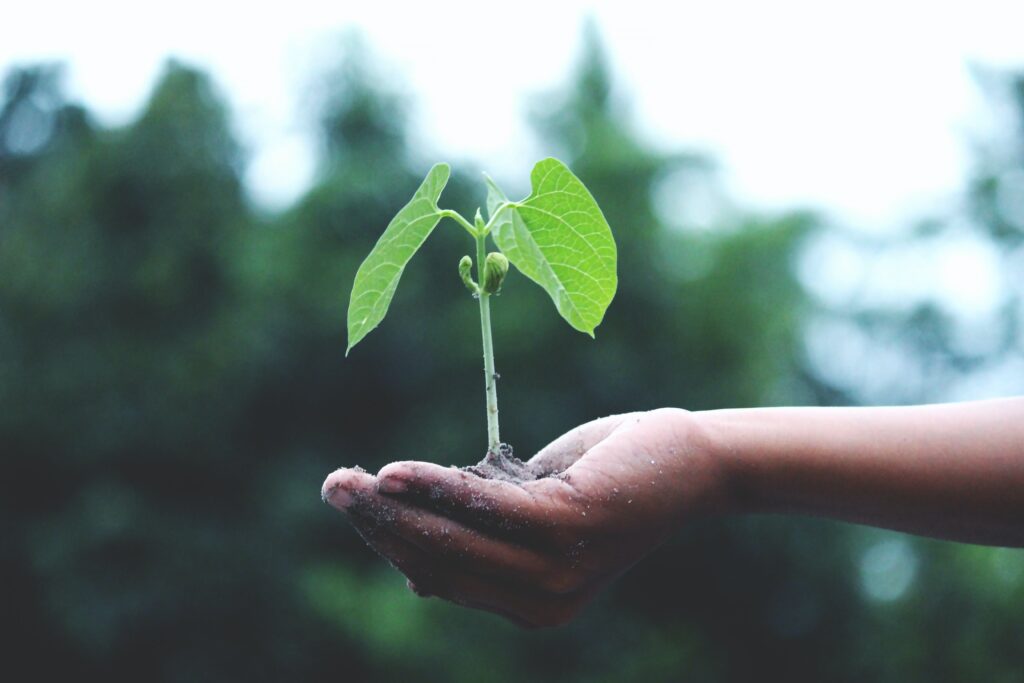When we talk about climate change, one might say that if we lived in a perfect world where every country agreed without question that we need to take action now in dealing with the climate crisis, and every country will make immediate and drastic changes we would probably have a great chance at stopping climate change in its tracks. We would succeed at mitigating climate change. But we do not live in a perfect world and more so, climate change is already here in its full force. We are seeing its effects right now, especially right here in Zambia, so mitigation alone will not do. Therefore, we need to find other sustainable ways of dealing with climate change. This is where adaptation comes in. We will need to adapt to the current and future effects of climate change. Climate change adaptation is any action that allows us to continue to meet our basic needs (food, water, health, shelter) by adjusting our way of life to climatic changes. Adaptation can be as simple as planting crops to suit the current climate, meeting our current demand for food. To do this successfully, we need to be careful so as not to cause maladaptation, making the problem worse in the long run.
Most scientists agree we need both mitigation and adaptation in the fight against climate change. The tricky part is balancing the two given our limited time and resources, the latter being an even more profound issue in most developing countries. So you may wonder, how can we adapt? Well, I’m glad you asked, or more precisely, wondered. There are several ways or methods we can use to adapt (and mitigate) to climate change and some of these are;
Reforestation: We can define afforestation as the establishment of a forest or stand of trees in an area where there was no previous tree cover. Many government and non-governmental organisations directly engage in afforestation programs to create forests and increase carbon capture. Afforestation is an increasingly sought-after method to fight climate concerns, as it increases the soil quality and organic carbon levels into the soil, avoiding desertification. It might interest you to know that in terms of deforestation, Zambia ranks 5th in the world and 1st in Africa. That is not a pleasing statistic. We can all play a vital part in ensuring these statistic changes in the future. For example, as a student, teacher, government, or private employee, you could help plan simple tree-planting programs at your school, workplace, or even in your community. The little things we do now can make all the difference long after we are gone. Your action matters.

Farming: There is an entire field of science dedicated to improving agricultural practices, reducing the environmental impact of farming, and making sure there is enough food for everyone. Genetically Engineered (GE) crops are a brilliant example of how agricultural research can help us adapt to climate change. GE technology has produced crops that can withstand higher temperatures, water scarcity, and disease outbreaks. We are already feeling the negative effects of climate change here in Zambia with the drastic change in weather and, dare I say, an imminent drought. It is time we started thinking about introducing our farmers to more sustainable and adaptable farming practices, such as the use of heat-resistant maize, drought-resistant rice, insect repellent corn, and disease-resistant cassava. Of course, the cost would be the biggest challenge. This is where the government comes in to assist the farmers.
Government Policy: The role of the government in climate change adaptation cannot be over-emphasized. While individuals, communities, and businesses can push for change, for adaptation, governments are still in the driving seat. This is because they create laws and policies which make it easier (or harder) for farmers to adapt. Governments are especially important with funding agriculture and our new dawn government is no exception.
Economic Aspect: Government schemes are not the only way we can finance climate change adaptation: other organisations, including banks and private companies, need to help people adapt. For example, the Africa Disaster Risk Financing Program does this by identifying climate risks and working to minimize the financial losses of natural disasters. This partly works through an insurance scheme that compensates farmers for the event of a climate-related disaster. Aside from opting for similar schemes, farmers can also adapt by finding new ways to earn money outside of traditional agriculture.

There are many other smart solutions we can implement to help us adapt to climate change. Soil management and conservation, habitat restoration, and reducing emissions are among some of the most effective ways. To adapt, we will need our scientists, government officials, farmers, and communities to collaborate. The biggest barrier we face is money; the cost of adapting, the good news is that researchers are working overtime to find sustainable, cheaper solutions. Because we need to adapt, we need to acknowledge that a blend of adaptation and mitigation is our biggest chance in winning this fight and we all have a tremendous responsibility to ensure our friends and families play an equal part. Personal action is as crucial as any other solution we have, so spread the word about environmental best practices to help reduce the negative effects of climate change. Protect your planet. Earth needs you. Humanity needs you.


Very insightful. The phrase “You’ll die of old age, we’ll die of climate change” is scary and unfortunately our reality if we don’t take climate change seriously. Great read.